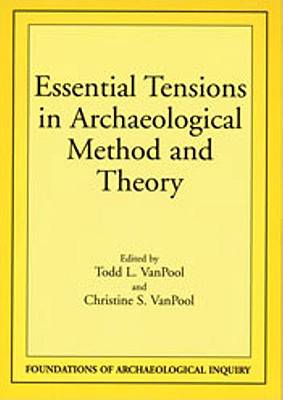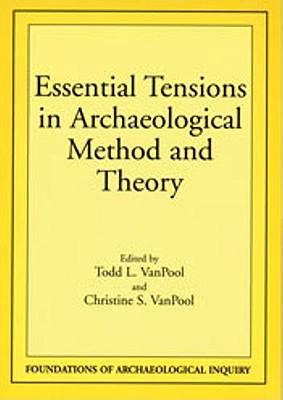
- Retrait gratuit dans votre magasin Club
- 7.000.000 titres dans notre catalogue
- Payer en toute sécurité
- Toujours un magasin près de chez vous
- Retrait gratuit dans votre magasin Club
- 7.000.0000 titres dans notre catalogue
- Payer en toute sécurité
- Toujours un magasin près de chez vous
Description
Archaeological theory, some say, seems to have fragmented into a thousand fundamentalisms. By working on a broader set of empirical issues than ever before, archaeologists are indeed applying and refining a variety of perspectives. Yet the editors of this volume make a case that it is appropriate for archaeologists to use a logical variety of theoretical structures to answer different kinds of questions, combining approaches as necessary.
In that spirit of plurality, contributors to this volume identify an important theoretical or methodological problem and present an argument regarding its solution. They also provide a critical evaluation of the current state of archaeological method and theory, illustrating that such recurrent issues as the role of agency and the importance of social considerations in the formation of archaeological research dominate current theoretical development.
Spécifications
Parties prenantes
- Auteur(s) :
- Editeur:
Contenu
- Nombre de pages :
- 208
- Langue:
- Anglais
- Collection :
Caractéristiques
- EAN:
- 9780874807646
- Date de parution :
- 06-08-03
- Format:
- Livre broché
- Format numérique:
- Trade paperback (VS)
- Dimensions :
- 180 mm x 253 mm
- Poids :
- 439 g

Les avis
Nous publions uniquement les avis qui respectent les conditions requises. Consultez nos conditions pour les avis.






